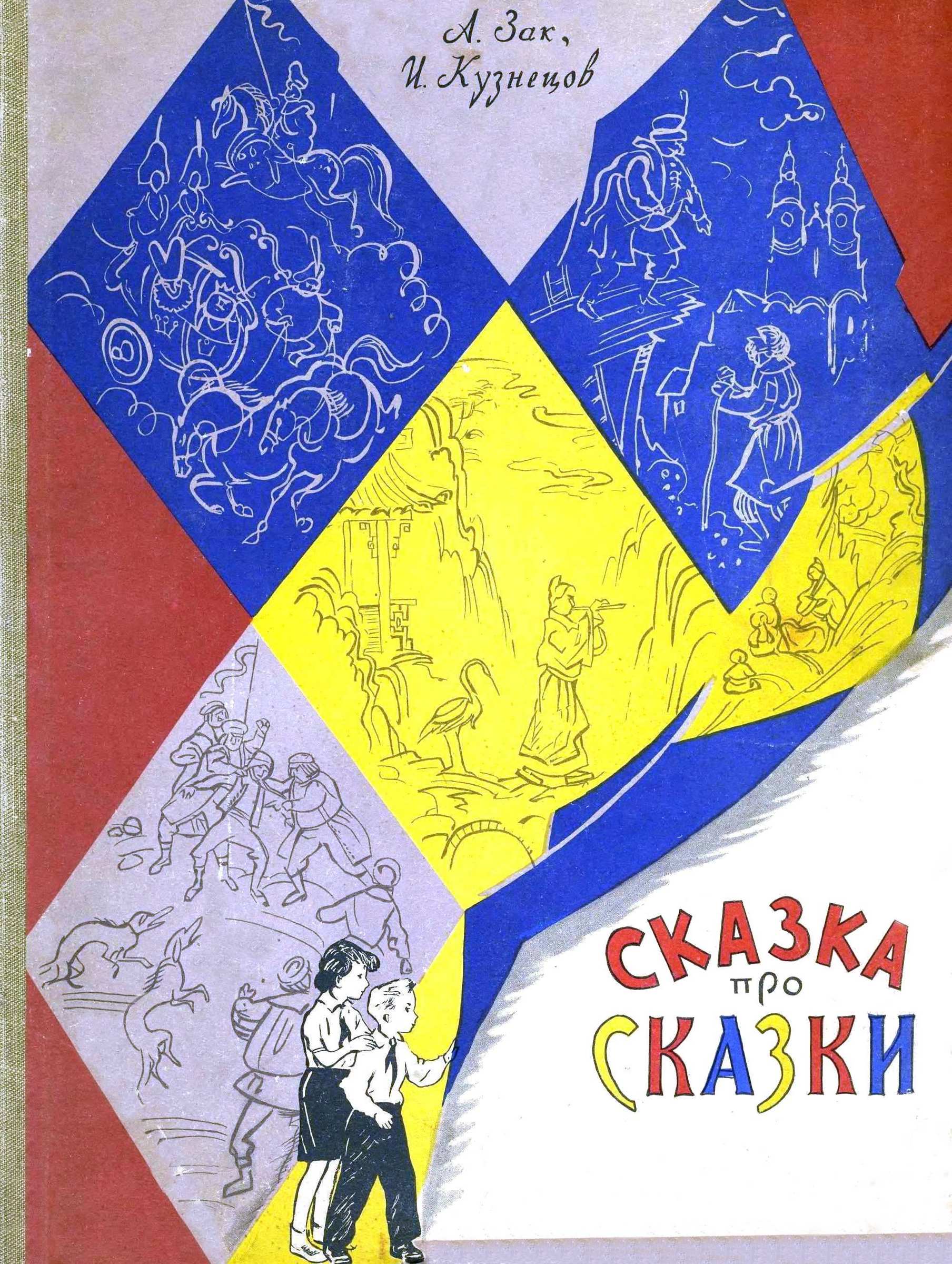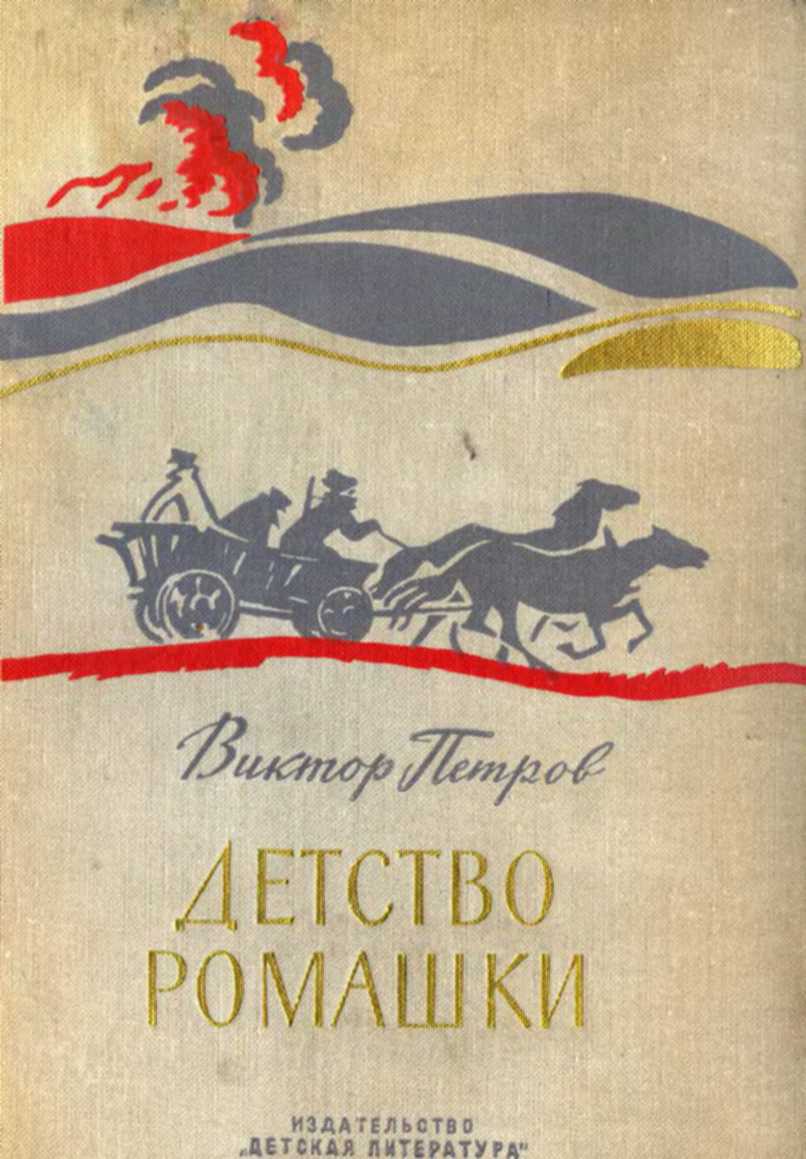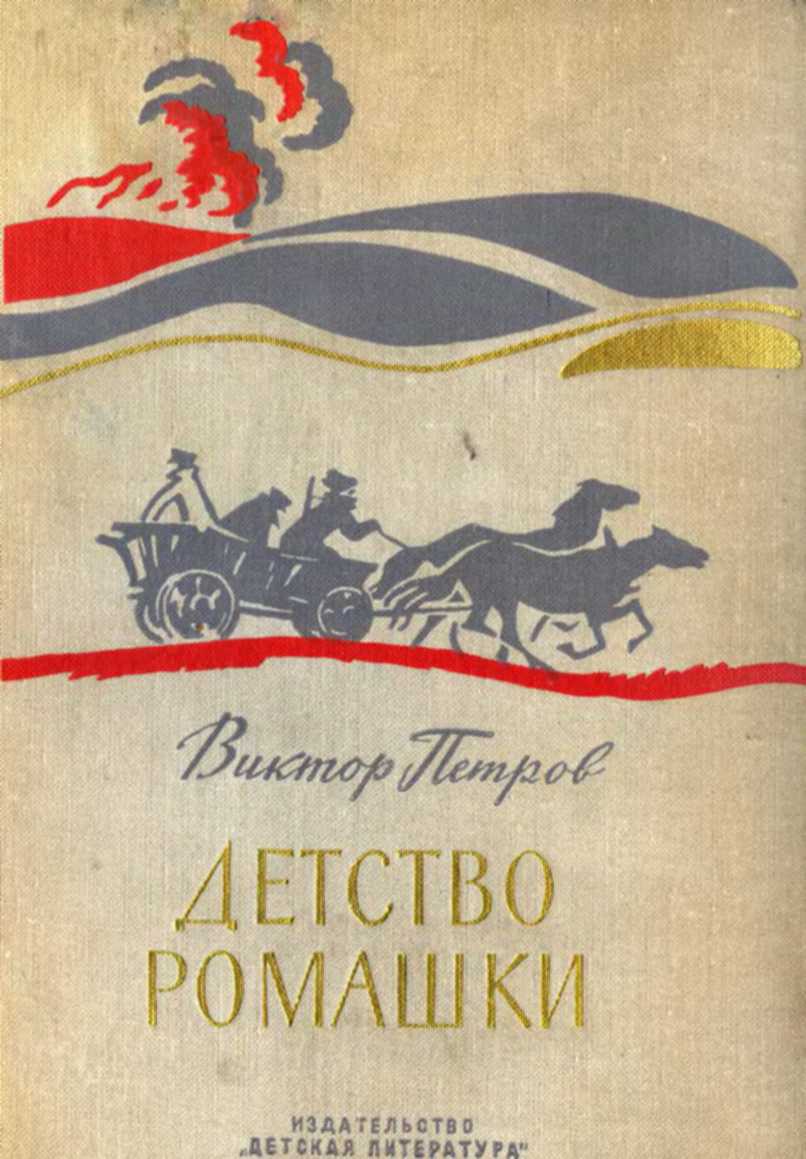Preussen zwischen Reform und Revolution, pp. 23–149.
84. ALR Einleitung, ‘Quelle des Rechts’. On this, see also Monika Wienfort, ‘Zwischen Freiheit und Fürsorge. Das Allgemeine Landrecht im. 19. Jahrhundert’, in Patrick Bahners and Gerd Roellecke (eds.), Preussische Stile. Ein Staat als Kunstück (Stuttgart, 2001), pp. 294–309.
85. For an argument along these lines, see Detlef Merten, ‘Die Rechtsstaatlichkeit im Allgemeinen Landrecht’, in Friedrich Ebel (ed.), Gemeinwohl – Freiheit – Vernunft – Rechtsstaat. 200 Jahre Allgemeines Landrecht für die preussischen Staaten (Berlin, 1995), pp. 109–38.
86. Heinrich Treitschke, Deutsche Geschichte im neunzehnten Jahrhundert (5 vols., Leipzig, 1927), vol. 1, p. 77.
87. Madame de Staël, De L’Allemagne (2nd edn, Paris, 1814), pp. 141–2.
9 Hubris and Nemesis: 1789–1789
1. Ernst Wangermann, ‘Preussen und die revolutionären Bewegungen in Ungarn und den österreichischen Niederlanden zur Zeit der französischen Revolution’, in Otto Büsch and Monika Neugebauer-Wölk (eds.), Preussen und die revolutionäre Herausforderung seit 1789 (Berlin, 1991), pp. 22–85, here pp. 81, 83.
2. Monika Neugebauer-Wölk, ‘Preussen und die Revolution in Lüttich. Zur Politik des Christian Wilhem von Dohm, 1789/90’, inBüsch and Neugebauer-Wölk (eds.), Preussen und die revolutionäre Herausforderung, pp. 59–76, here p. 63.
3. Wangermann, ‘Preussen und die revolutionären Bewegungen’, p. 82.
4. Paul W. Schroeder, The Transformation of European Politics 1763–1848 (Oxford, 1994), pp. 66, 76; Brendan Simms, The Struggle for Mastery in Germany, 1779–1850 (London, 1998), pp. 56–7.
5. The text of the Declaration can be accessed online at NapoleonSeries.org, Reference Library of Diplomatic Documents, Declaration of Pillnitz, ed. Alex Stavropoulos, http://www.napoleonseries.org/reference/diplomatic/pillnitz.cfm; last accessed on 13 January 2004.
6. Ibid.
7. On the impact of Pillnitz, see Gary Savage, ‘Favier’s Heirs. The French Revolution and the Secret du Roi’, Historical Journal, 41/1 (1998), pp. 225–58; Gunther E. Rothenberg, ‘The Origins, Causes and Extension of the Wars of the French Revolution and Napoleon’, Journal of Interdisciplinary History, 18/4 (1988), pp. 771–93, esp. pp. 780–81;T. C.W. Blanning, Origins of the French Revolutionary Wars (London, 1986), pp. 100–101; Patricia Chastain Howe, ‘Charles-François Dumouriez and the Revolutionizing of French Foreign Affairs in 1792’, French Historical Studies, 14/3 (1986), pp. 367–90, here pp. 372–3.
8. The Proclamation of the Duke of Brunswick, in J. H. Robinson (ed.), Readings in European History (2 vols., Boston, 1906), vol. 2, pp. 443–5. This text can also be consulted online at Hanover Historical Texts Project, http://history.hanover.edu/texts/bruns.htm; last accessed 13 January 2004. On the background to the Manifesto, see Hildor Arnold Barton, ‘The Origins of the Brunswick Manifesto’, French Historical Studies, 5 (1967), pp. 146–69.
9. Cited in Lukowski, Partitions, p. 140.
10. Hertzberg to Lucchesini, cited in ibid., p. 143.
11. For general accounts of the second partition, see Michael G. Müller, Die Teilungen Polens: 1772, 1793, 1795 (Munich, 1984), esp. pp. 43–50; Lukowski, Partitions, pp. 128–58.
12. This medley of quotations is drawn from Heinrich von Sybel, Geschichte der Revolutionszeit von 1789 bis 1800 (5 vols., Stuttgart, 1898), vol. 3, p. 276; Heinrich von Treitschke, Deutsche Geschichte im neunzehnten Jahrhundert (5 vols., Leipzig, 1894), vol. 1, p. 207; Rudolf Ibbeken, Preussen, Geschichte eines Staates (Stuttgart, 1970), pp. 106–7; Golo Mann, Deutsche Geschichte des 19. und 20. Jahrhunderts (Frankfurt/Main, 1992). These views are discussed and analysed in Philip G. Dwyer, ‘The Politics of Prussian Neutrality 1795–1805’, German History, 12 (1994), pp. 351–73.
13. On the financial crisis, see Aretin, Reich, vol. 1, p. 318. On links with the ‘peace party’, see Willy Real, ‘Die preussischen Staatsfinanzen und die Anbahnung des Sonderfriedens von Basel 1795’, FBPG, 1 (1991), pp. 53–100.
14. Dwyer, ‘Politics’, p. 357.
15. Schroeder, Transformation, esp. pp. 144–50.
16. See Brendan Simms, The Impact of Napoleon. Prussian High Politics, Foreign Policy and Executive Reform, 1797–1806 (Cambridge, 1997), pp. 101–5.
17. Aretin, Reich, vol. 1, p. 277; Sheehan, German History, p. 278; Simms, Struggle for Mastery, p. 62.
18. Cited in ibid., pp. 60–61.
19. [S.?] Leszczinski (ed.), Kriegerleben des Johann von Borcke, weiland Kgl. Preuss. Oberstlieutenants. 1806–1815 (Berlin, 1888), pp. 46–8.
20. Hermann von Boyen, Denkwürdigkeiten und Erinnerungen (2 vols.; rev. edn Leipzig, 1899), vol. 1, pp. 171–2, cited in Sheehan, German History, p. 234.
21. Cited in Dwyer, ‘Politics’, p. 361. On the transition from an expedient to a principled neutrality, see pp. 358–67.
22. Simms, Impact of Napoleon, pp. 148–56; Dwyer, ‘Politics’ p. 365.
23. Gregor Schöllgen, ‘Sicherheit durch Expansion? Die aussenpolitischen Lageanalysen der Hohenzollern im 17. und 18. Jahrhundert im Lichte des Kontinuitätsproblems in der preussischen und deutschen Geschichte’, Historisches Jahrbuch, 104 (1984), pp. 22–45.
24. Klaus Zernack, ‘Polen in der Geschichte Preussens’, in Otto Büsch et al. (eds.), Handbuch der preussischen Geschichte, vol. 2, Das Neunzehnte Jahrhundert und grosse Themen der Geschichte Preussens (Berlin, 1992), pp. 377–448, here p. 430; id., ‘Preussen-Frankreich-Polen. Revolution und Teilung’, in Büsch and Neugebauer-Wölk (eds.), Preussen, pp. 22–40; William W. Hagen, ‘The Partitions of Poland and the Crisis of the Old Regime in Prussia, 1772–1806’, Central European History, 9 (1976), pp. 115–28.
25. These issues are discussed in Torsten Riotte, ‘Hanover in British Policy 1792–1815’, Ph.D. thesis, University of Cambridge (2003).
26. This point is made by Reinhold Koser in ‘Die preussische Politik, 1786–1806’ in id., Zur preussischen und deutschen Geschichte (Stuttgart, 1921), pp. 202–68, here pp. 248–9.
27. On the Rumbold crisis, see Simms, The Impact of Napoleon, pp. 159–67, 277, 285.
28. Cited in McKay, Great Elector, p. 105.
29. Brendan Simms, ‘The Road to Jena: Prussian High Politics, 1804–06’, German History, 12 (1994), pp. 374–94. For a fuller analysis of the role played by adversarial rivalries, see id., Impact of Napoleon, esp. pp. 285–91.
30. Haugwitz to Lucchesini, 15 June 1806, cited in Simms, ‘The Road to Jena’, p. 386.
31. These rivalries are analysed in Simms, ibid.
32. This summary is borrowed from Ford, Stein, pp. 105–6.
33. Cited in ibid., p. 106.
34. Hardenberg, memorandum of 18 June 1806, cited in Simms, ‘The Road to Jena’, pp. 388–9.
35. Thomas Stamm-Kuhlmann, König in Preussens grosser Zeit. Friedrich Wilhelm III., der Melancholiker auf dem Thron (Berlin, 1992), pp. 229–31.
36. Frederick William III to Napoleon, Naumburg, 26 September 1806, in Leopold von Ranke (ed.), Denkwürdigkeiten des Staatskanzlers Fürsten von Hardenberg (5 vols., Leipzig, 1877), vol. 3, pp. 179–87.
37. Napoleon to Frederick William III, 12 October 1806, in Eckart Klessmann (ed.), Deutschland unter Napoleon in Augenzeugenberichten





